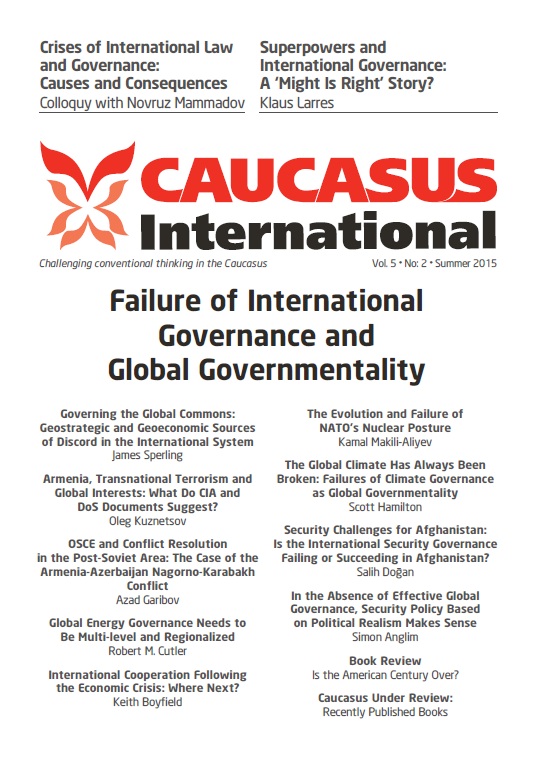Armenia, Transnational Terrorism and Global Interests: What Do CIA and DoS Documents Suggest?
The 1980s witnessed intensive theoretical engagement with and reflection on the issue of state-sponsored transnational terrorism in and outside Armenia. During that decade, this terrorism existed on an unprecedented and as yet unrepeated scale, effectiveness and emotional intensity. Scholarly debate on the subject was taking place against the backdrop of continuing geopolitical conflicts in the Middle East, particularly Lebanon, forming the primary foundation of this socio-criminological phenomenon with its mainstream experiencing deep and structural modernization, consolidation and crystallization. An adequate understanding of the goals, objectives and practical orientation of the academic discussion on Armenian terrorism has only become possible in recent years, following the release of CIA documents on Armenian terrorist organizations (Armenian Secret Army for the Liberation of Armenia, Justice Commandos against Armenian Genocide, and New Armenian Resistance) into the public domain. A comparison of the US intelligence documents and those of the United States Department of State (DoS) with academic research materials has demonstrated a high degree of correlation across their content, potentially indicating that the majority of the theoretical analyses of the time were carried out indirectly or directly in the service of US government interests. The main purpose of the contemporary academic discourse was to study different theoretical perspectives and different angles on the possibility of the use of resources and potential of Armenian state-sponsored terrorism against the Soviet Union as a “hot tool” in the Cold War. The affirmative answer to this question became the catalyst of aggression of originated in the Middle East Armenian terrorism against the Soviet Transcaucasia and marked the beginning of the Nagorno-Karabakh con-flict.
Latest news
- 03/17/2020 Call for Submission: “Non-Alignment Movement and Its Perspective in International Affairs”. Deadline: 1 July 2020 2626 views
Popular articles
- 02/24/2020 The Role of Irredentism in Russia’s Foreign Policy 2536 views
- 02/24/2020 Construction of sub-national identity vis-à-vis parent state: Gagauz case in Moldova 2218 views
- 02/24/2020 The Conflict in Ukraine - The Geopolitics of Separatism and Divergent Identities (Commentary) 2072 views
- 02/24/2020 The Role of the Soviet Past in Contemporary Georgia 2044 views





